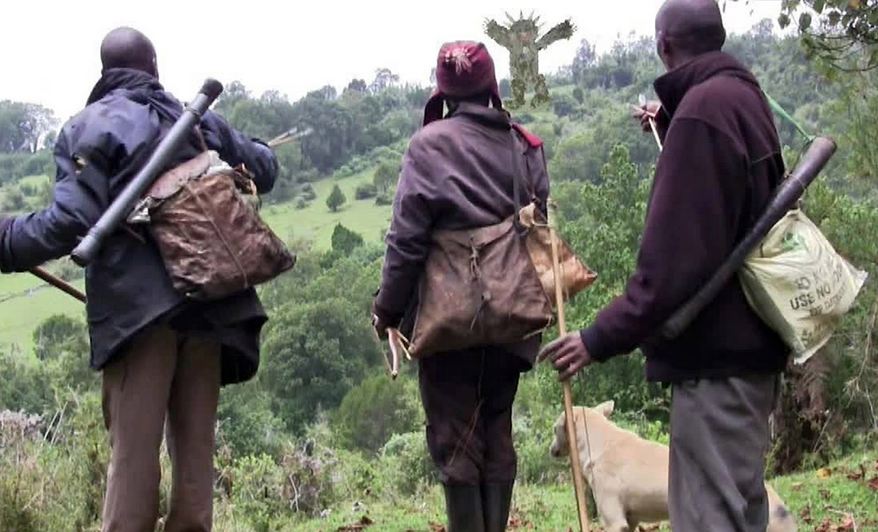
Kenya ordered to compensate Ogiek community for evicting them from Mau Forest

In three months, the Kenyan government will know how much it has to pay the Ogiek community for continuously evicting them from the Mau Forest in the Rift Valley.
The African Court of Human and People’s Rights that sits in Tanzania’s Arusha on May 26 found Kenya guilty of violating the cultural and economic rights of the community by persistently evicting them from their ancestral land contrary to six articles of the court’s Charter, of which Kenya is a signatory, the Africa Review reports.
“The Ogiek population has a distinct way of life centred on and dependent on Mau Forest Complex. As a hunter and gatherer community, they get their means of survival through hunting animals and gathering honey and fruits. They have their own distinctive traditions, clothing practicing rituals, medicine and values which distinguish them from other communities around and inside Mau Complex,” said the judgment that was read by former President of the Court, Augustino Ramadhani.
The unanimous ruling agreed to the application by the Ogiek lawyer, Donald Deya, to be given 90 days to file the submissions for reparations.
The lawyer had been earlier on directed to file submissions for reparations and cost within 60 days from the date of the judgment. Mr Deya had, however, argued that it would take time to collate the expenses since the case was first lodged with the African Commission on Human and Peoples’ Rights, in Banjul, Gambia, in 2009.
The judges argue that based on evidence provided before the court, and which was not contradicted by the respondent, the Ogiek people have been peacefully carrying out their cultural practices until their territory was encroached upon by outsiders and they were evicted.
“Even in the face of this, the Ogiek still continue to undertake their cultural activities — traditional weddings ceremonies, folklore and still maintain their clan boundaries in the Mau Forest and each clan ensures the maintenance of the environment within the boundaries it is allocated,” said the judges.
The Kenya government in its defence had submitted that the Ogiek people had evolved on their own by adopting different cultural identities and that the eviction measures were aimed at preventing adverse environmental impact on the Mau Forest caused by the some of the lifestyle and cultural practises of the Ogiek.
Amnesty International’s regional director for East Africa, Muthoni Wanyeki said the judgment was a historic victory for the Ogiek community, and gives hope to all indigenous people.
“In this one ruling, the court has both affirmed the Ogiek’s right to live freely on their ancestral land, and proved to the continent that regional justice mechanisms work.






